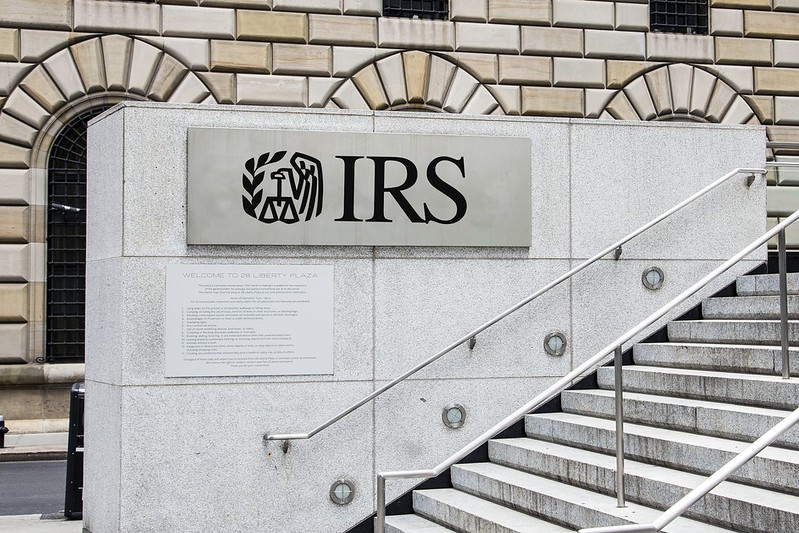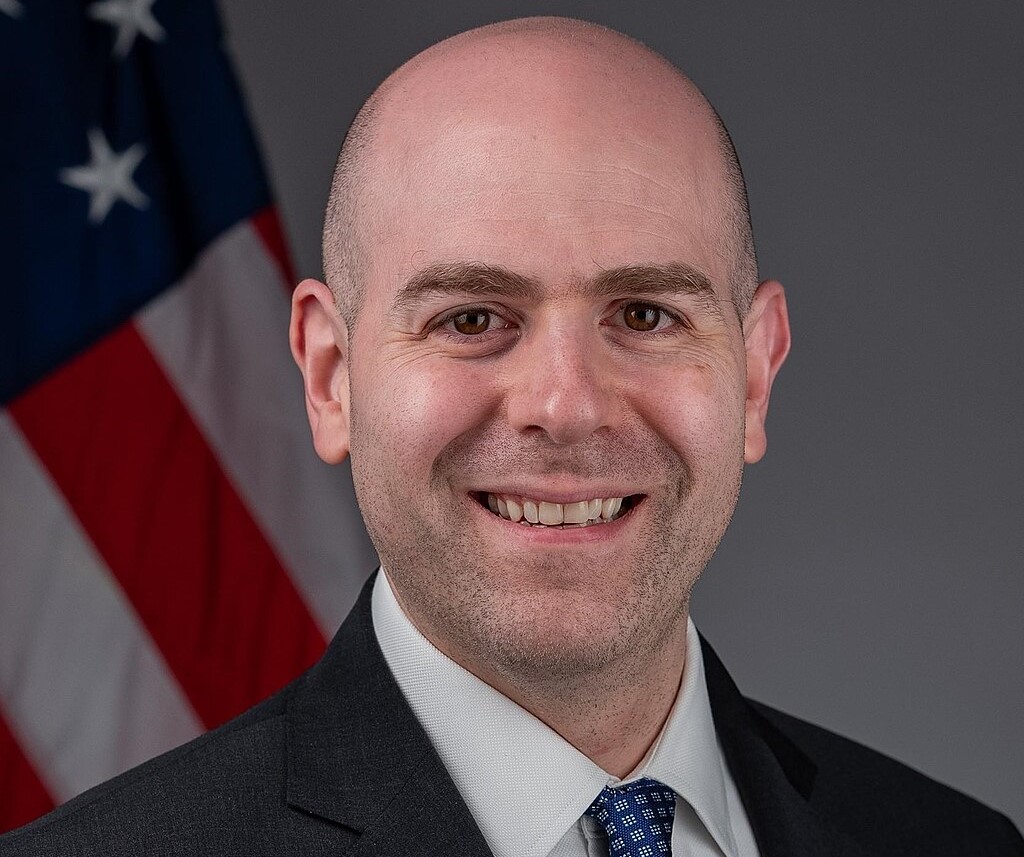Rhode Island’s money transmitter license for crypto companies will require them to follow stringent compliance metrics, anti-money laundering and anti-fraud protocols, and security requirements.
In the bill, virtual currency is described as “a digital representation of value that is used as a medium of exchange, unit of account, or store of value; and is not legal tender, whether or not denominated in legal tender.”
According to a report published by international law firm Alston and Bird, the new law will be applicable to businesses entities that accept currency transmission fees and hold control over virtual currencies starting January 1, 2020.
Firms are required to maintain cryptocurrency holdings in kind and quantity, equivalent to the amount being transmitted by clients. It also mandates licensees with crypto business activities to provide certain specified disclosures to residents and create compliance programs such as information security and operational security, business continuity, disaster recovery, anti-fraud, and anti-money laundering.
The new policy also provided additional licensing exemptions for “personal, family, or household” use of virtual currencies, academic purposes, and certain escrow services.
Companies also need to demonstrate their ability to “protect confidentiality, integrity, and availability of any non-public personal information or currency transmission it receives, maintains, or transmits.”
Meanwhile, the state of New Jersey has recently issued two emergency stop orders to Zoptax and Unocall to stop their initial coin offerings (ICO), as part of its “Operation Cryptosweep” initiative. Both companies were allegedly offering fraudulent securities.



























Comment 0